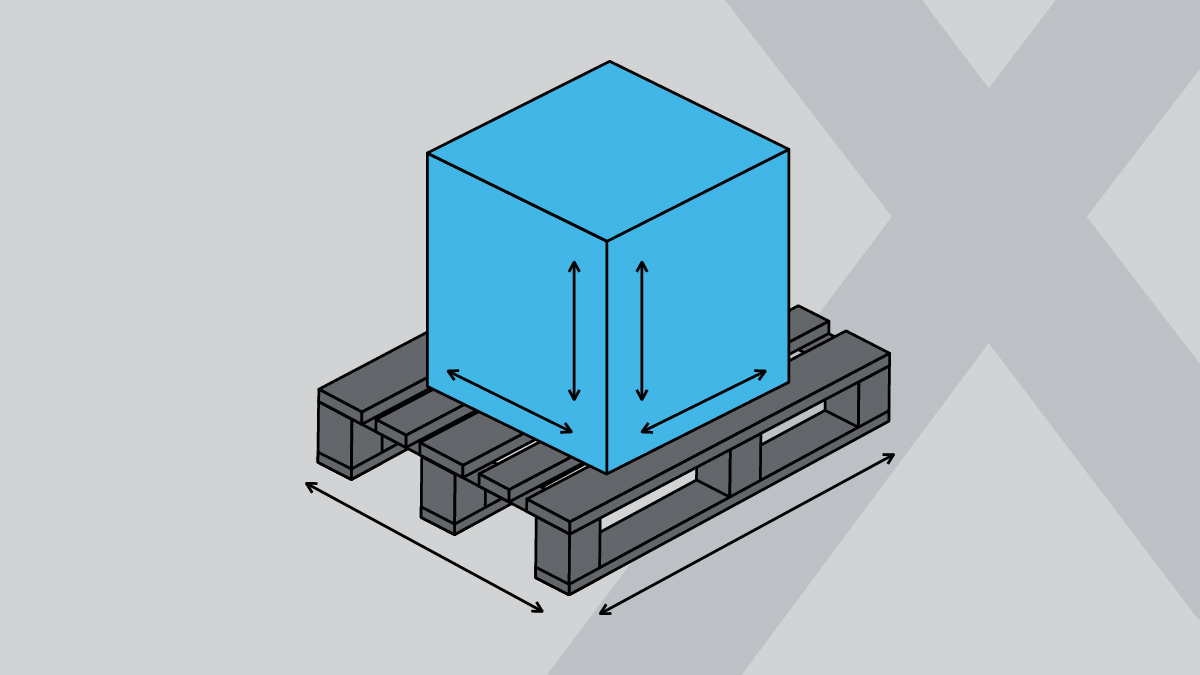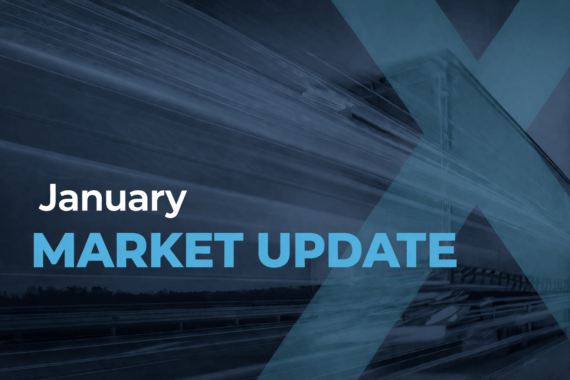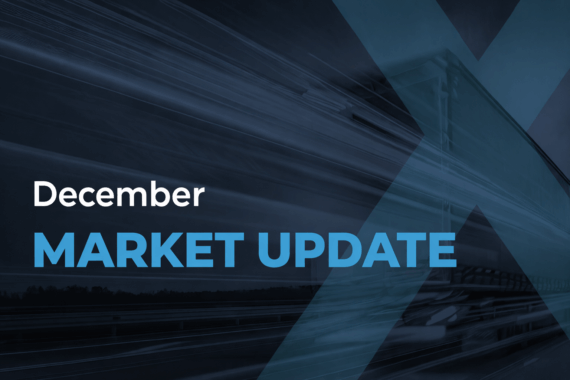
NMFTA Plans Additional LTL Changes for 2025
In 2025, the National Motor Freight Traffic Association (NMFTA) plans to roll out additional changes to how we classify different commodities in the Less-than-Truckload (LTL) environment. These plans support the NMFTA’s ongoing migration to shifting more products into density-based freight classifications. The NMFTA has stated that the changes will occur in phases, with the first series of changes going into effect on Saturday, May 3, 2025.
Why is the NMFA Changing NMFCs?
One of the key reasons behind this shift to density-based classifications is to simplify the historically complex process of classifying freight. The current NMFC system often causes confusion, inefficiencies, and delays. Ultimately, these changes are designed to help ease how shippers, 3PLs, and carriers work together to keep the supply chain moving smoothly.
What Types of Products Will be Impacted?
Commodities moving to density-based classifications are those without handling, stowability, or liability issues. LTL freight commodities with known handling, stowability, and/or liability issues will receive a unique identifier.
How Does This Change Impact Shippers?
- Your NMFC item number, sub, and freight class may change.
- With freight class based primarily on product density, properly handling unit dimensions and weight is essential for competitive and accurate carrier pricing. Shippers must diligently provide correct freight dimensions and weight when preparing LTL shipments.
What is DLX Doing?
Our LTL experts at DLX are keeping a pulse on these upcoming changes by participating in the NMFTA listening sessions and collaborating with our core carriers. We’re also working directly with clients to proactively identify freight with potential impact by these changes. Our goal is to provide clients with the critical information they need to prepare to transition their processes.
For more insight on LTL freight, check out our blogs on shipping best practices and the pros and cons of LTL shipping.



